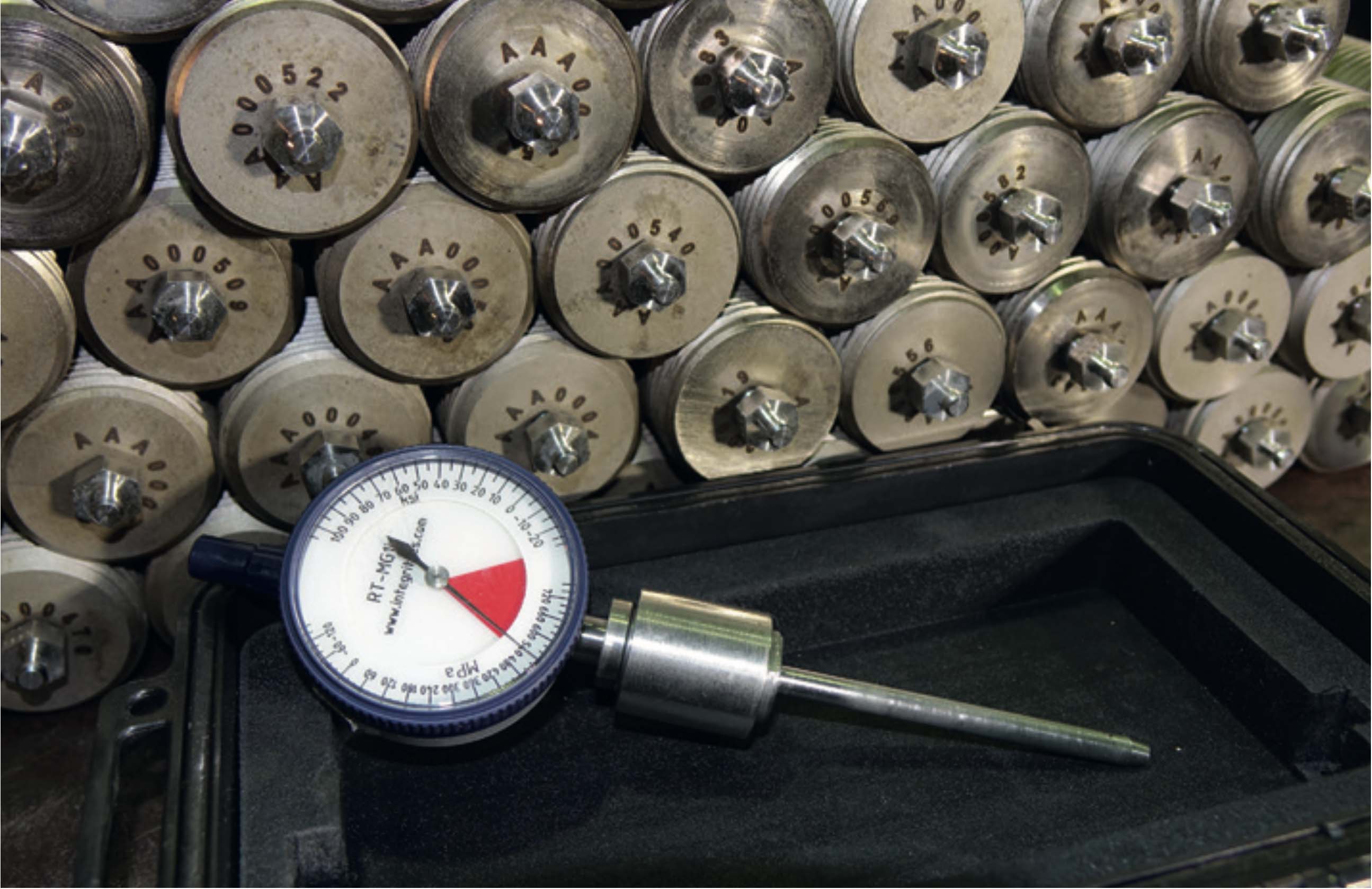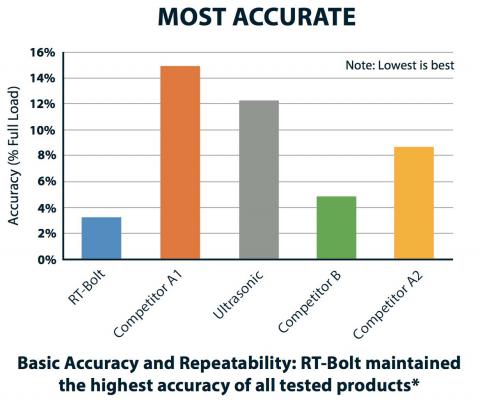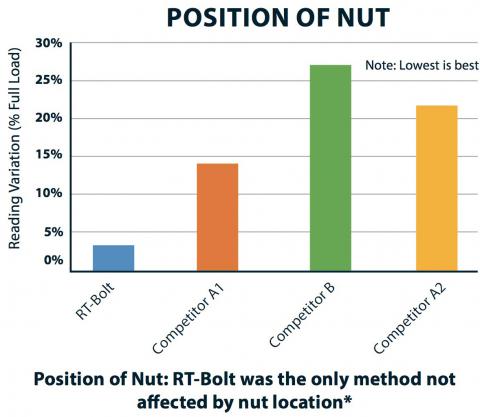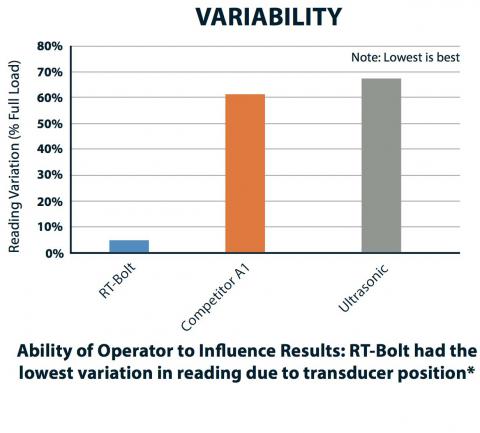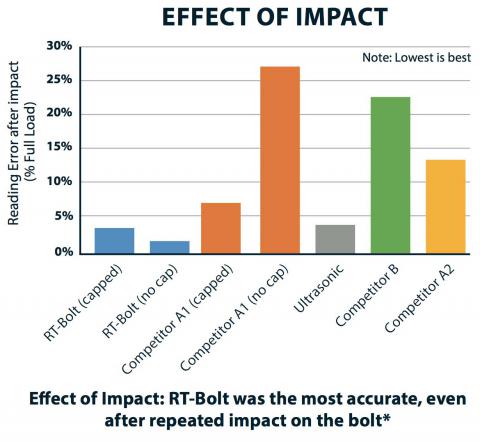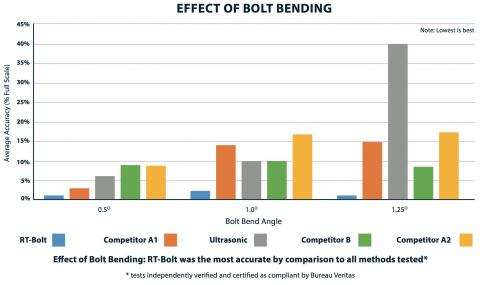The Problem:
Coke Drums operate at high temperature and
see extreme cycles of operation every 24 hours. Most sites using delayed cokers have had leakage problems with the joint between the bottom deheading valve and the coke drum or coke drum transition spool.
The Consequence:
Joint leakage can escalate to the point where ignition is possible, requiring the unit to be taken offline to repair the joint. This leads to several days of lost production from the unit. In addition, there is cost associated with the periodic tightening of the joints and the potential for over-tightening of the bolts, leading to damage to the valve body at the studded bolt hole.
Previous Fixes:
Many sites operate a time-based approach for tightening of the bolts on the joints, with regular intervention required after the first few cycles and then on a six monthly basis. Other bolt elongation methods have been used, but generally found inadequate for the harsh environment on the coker.
The RT-Bolt Solution:
RT-Bolts have been employed across several coker units to ensure accurate joint assembly, to monitor the bolt load during operation, to set the required torque for online tightening and to continue to monitor the bolt load after re-tightening. To overcome common problems with bolts galling, the RT-Bolts for this application are supplied with a special coating, hardened machined and coated washers, and machined and coated nuts.
The Outcome:
The use of RT-Bolts has shown that a signficant part of the problem with the previous leakage has been due to insufficient bolt load achieved during the initial assembly. RT-Bolt has enabled the joints to be maintained at a significantly higher (> 30% higher) residual bolt load than previous and this has, in turn, reduced the frequency of re-tightening the joint.
Download:
